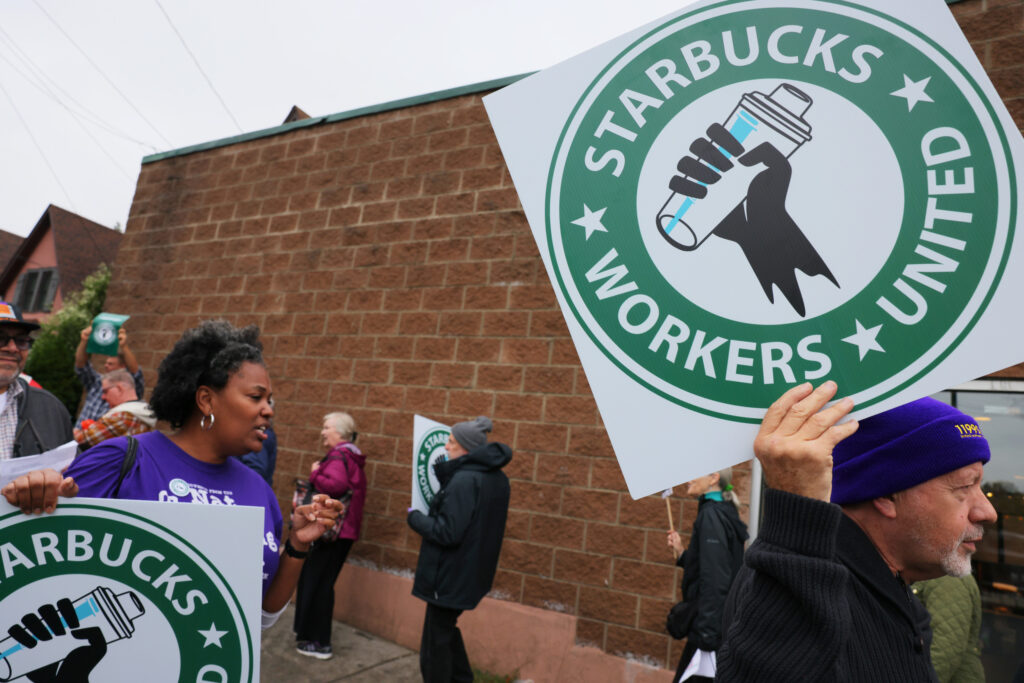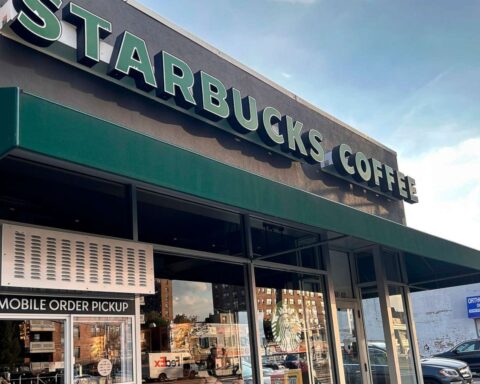By Nadia Lloyd
Students are turning away from brands that they claim are fueling the Israel-Hamas war in an effort to show their stance against the war.
National brands such as McDonald’s, Starbucks, KFC, Coca-Cola and Dominoes are all facing scrutiny. The war initially ignited on Oct. 7, when Hamas, a terrorist organization, launched a land, sea and air attack on Israel. According to Bittanica.com, this attack resulted in over 1,200 deaths and more than 200 people were taken hostage by Hamas, making this the deadliest day for Israel since its independence in 1948.
To boycott an entity can mean to withdraw commercial or social relations with the organization, as well as purchases, in order to express one’s disapproval of the company’s position or action. Multiple high-profile American companies are facing backlash for different reasons, according to Stimson.org.
McDonald’s received criticism for offering free meals to Israeli soldiers. Starbucks was in a quarrel with a workers’ union over a pro-Palestine statement. The Starbuck Workers United made a post on X, saying, “Solidarity with Palestine,” while a video played of a Hamas bulldozer tearing down a fence on the Gaza strip.
The company said that it condemned these acts of terrorism, hate and violence, and disagreed with the statements made by the union. Starbucks later issued a statement saying, “We abhor hate and strongly reject violence against the innocent. Despite false statements spread through social media, Starbucks has never contributed to any government or military operation in anyway.”
Fourth-year animal science pre-medicine veterinary student Victoria Adigun says that after doing some research, she decided to boycott Starbucks, saying she believes they are funding a mass genocide.
“People didn’t know it was a world war until after, so I really do think its gonna be in a lot of history books about how this was a whole world war and a lot of us didn’t play our part, even if it’s not getting a $5 drink and making something at home, or going to Dunkin, just something like that to be mindful and cognizant and staying educated on these topics because it’s very important,” said Adigun.
“A lot of people don’t think that their little contribution matters just like some people don’t think voting matters but if you do it with a lot of people it does make a difference, even in spirit, supporting them does a lot,” she added.
Since the boycott Starbucks has seen a 9% drop in the market, equaling out to somewhere around $11 billion.
Third-year psychology student Omari Rasheed says this company is not something he would give his money to either, but that there is more that could be done.
“I don’t think it’s building enough traction, and enough people are supporting the cause for it to make a difference,” Rasheed said.
He believes that the allegations against the company are telling, and that as long as there is not a force of support, there won’t be a real change.


